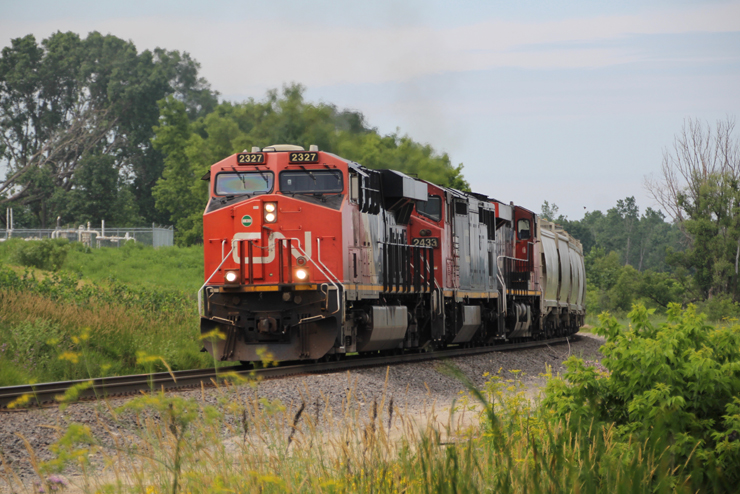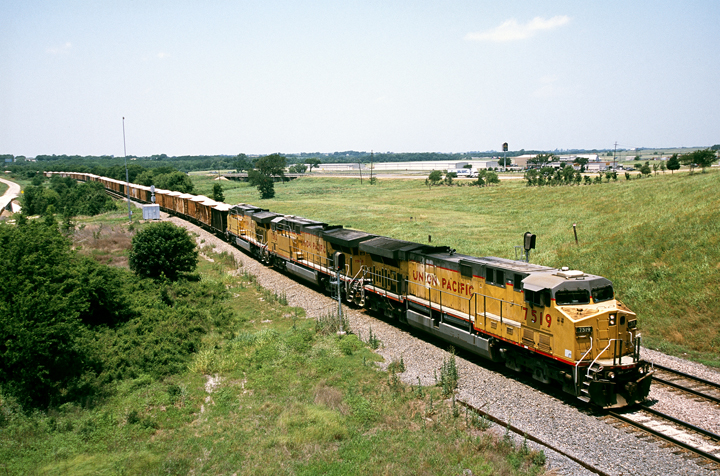
OTTAWA, Ontario — A move by Canada’s labor minister is likely to delay the start of a possible strike by operating crews against Canadian National and Canadian Pacific.
Labor minister Seamus O’Regan Jr. announced Thursday on social media site X that he had asked the Canada Industrial Relations Board to “look into maintenance of activities agreements” between the Teamsters Canada Rail Conference and the two railroads, saying “serious concerns have been raised about potential impacts to the health and safety of Canadians” if a work stoppage occurs.
The board will be asked to determine what critical shipments, if any, would be required to continue even during a strike or lockout. Any potential work stoppage is on hold until the board makes a decision.
Board spokesman Jean-Daniel Tardif told the Canadian Press in an email that it is “unlikely” a decision would be reached by May 22, the current first possible date a strike or lockout could occur. “Written submissions alone will likely take longer,” he wrote.
CN said in a statement today that it continues to seek a negotiated agreement with the union. “CN strongly believes that the current uncertainty around a labour disruption must be resolved decidedly and as soon as possible for employees, customers, and Canadians who depend on rail to get them everyday essential goods,” the statement said. CPKC said in a statement that it “believes these negotiations need to be resolved in a timely manner to provide certainty for the Canadian economy and for North America’s supply chains.”
More negotiations are scheduled next week, CPKC said.
The union, which represents approximately 9,300 workers at the two railroads, announced on May 1 that its membership had overwhelmingly voted to authorize strikes against each carrier. The two sides are currently in a 21-day cooling off period that ends May 21.















If the companies and governments in both Canada and the United States are going to keep blocking work stoppages because of the detriment to the economy and national security then, they need to make it illegal for them to bargain contracts together. If the railroads and unions are forced to bargain separately, one on one, then the whole country wouldn’t shut down if there is a lockout or strike on an individual railroad.
That would reduce the amount of money the union leaders would be able to collect from selling out their members if they have to compete among themselves.